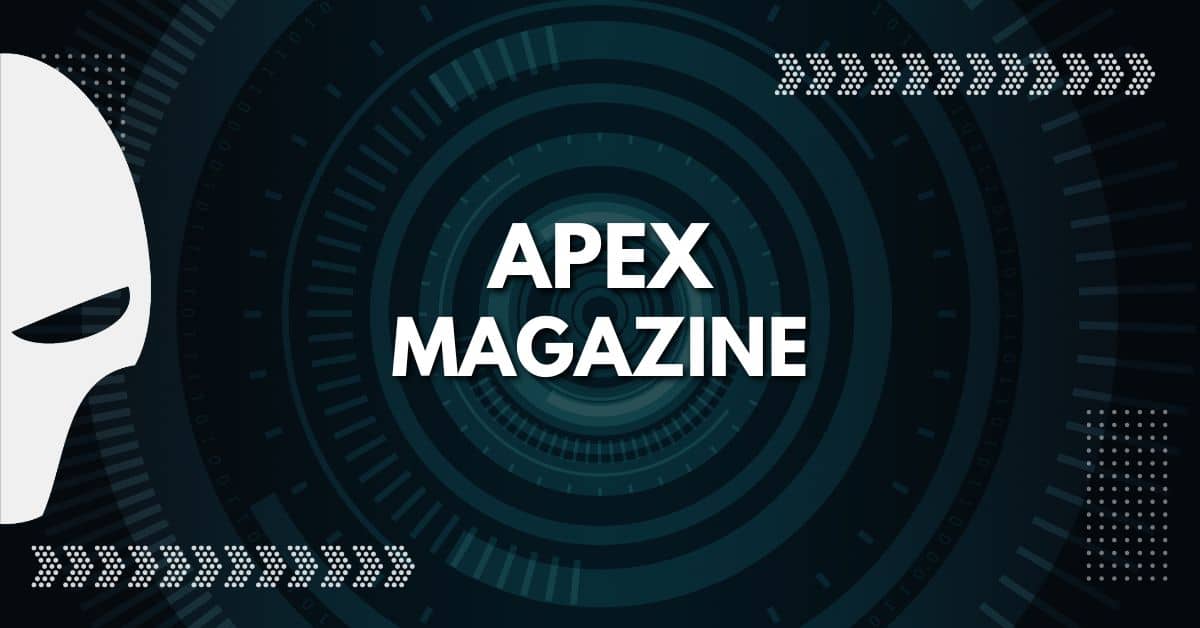
“Ojalá podamos crear un lenguaje entrador y… hermoso… para saludar al crepúsculo.”
“God willing, we can create a language brave and beautiful enough to greet the new dawn.”
~Eduardo Galeano
A few years ago, someone in the publishing industry crossed out a line I wrote in a novel. I’m pretty good with taking criticism; I don’t usually get gooey over the words I write, even if the stories are close to my heart. This line however, had to do with a Latina character feeling uncomfortable in a shnitzy part of Brooklyn because all the other women of color had little white babies and all the white people were looking at her sideways. The note beside the crossout said: “Doesn’t happen in this day and age.”
Now.
Let me skip over the outrage I felt and then the internal gymnastics I did trying to fit that outrage into some sentences I thought this person might understand. Another essay, perhaps… suffice to say, we don’t work together anymore. Instead, I want to take a moment to recognize a more unspoken consequence of having a mostly white industry dictate mostly white standards to a mostly white author–base: the stories that won’t get told.
These are the moments we self–censor, we sidestep, pirouette, tiptoe, softspeak, do whatever it takes to not get too deep into the tricky race and racism quagmire. We do it because we want to be published, and even if we haven’t seen the X scratched through a line on the page, we’ve felt it in conversations, heard it happen to friends, internalized the truth of it from so many whitewashed covers, trollish comments sections from industry folks, micro–and mega–aggressions at cons. I still catch myself self–censoring, and I spent most of my twenties speaking to people about racism, engaging in these very conversations in intensive workshop settings, organizing, thinking, overthinking, doubting, rewinding, engaging, getting enraged, falling apart, tearing into my own racial history, privileges, fears, wishes.
Still, I want to be heard. I know who the gatekeepers are. Writing and, more so, publishing, is always a negotiation between what you want to say, what you can say, and what society will allow you to say. The censorship happens on many levels, at every step of the game. It doesn’t have to be so obvious as that doesn’t happen, because the insidiousness of race in America reaches deep inside each of us, keeps us second–guessing and analyzing, wondering if we’ve gone crazy.
Be courageous, they say. It’s your job as a writer. Yes, and we are, we are. And still we struggle, stifle, collapse, recuperate. There are no guidelines or dos and don’ts for writing about what three hundred years of euphemisms and a whole academic/political machinery still can’t quite figure out how to face head–on. We know this: the publishing world is overwhelmingly white. Writers of color puzzle over rejection letters that say things like, “Great writing and story but I didn’t identify with the main character.” What are we to do with such a comment? Write more universal characters, some will say. Universal has become an empty word; it generally indicates a false neutral that more–or–less resembles whiteness. Do we then write the character as we imagine the white imagination imagines people of color? How many layers of fantasy and identity must we breach to walk that delicate line between truthtelling and pacifying?
There are no easy answers. These impossible negotiations fall somewhere on the matrix of literary success and failure, privilege and empowerment. Writers of color face the duel challenge of succeeding in an industry that still hasn’t reconciled its racism and allowing our true voices onto the page. And while it’s daunting, the problem demands we step back from traditional understandings of “making it” and redraw those lines for ourselves; sometimes with tears, sometimes fire. There is no map; there is no path — we make it by walking, as the poem asks of us. And we can’t do it alone.
§
We’re always writing about power. Conflict is the backbone of story, and any conflict is only as intriguing as the powers pitted against each other. But so often our analysis is ahistorical, simplistic, or overly–cautious. “Power corrupts” isn’t a power analysis, it’s a cliché. We can do better. Instead of cringing when we look at the manmade faultlines that divide us, let’s hold them up to the light, honestly confront how they’ve privileged us and held us back, how we relate to them, how we buck being defined by them but are sometimes are anyway. It is challenging: we’re not trained to do it, we have no real language to do it, but this is what makes great literature.
In conversations about ‘writing about the other’ people always want to know how to depict other races without just making them browned version of white characters. Start by looking at power. What is your character’s relationship to institutional power? To the police? The education system? The media? Are they historical beings, connected to a community, or do they just drift in space and time? Our relationships to power don’t define us, but they’re a part of our story and, more often than not, excluded from representations in literature.
I turned thirty–three this year and I’m still learning to deconstruct the ways most popular narratives tell me my humanity is based on my proximity to whiteness, straightness, cis–gendered maleness. Then I think about the kids. Most media aimed at young people is fantastical. Kids haven’t fully honed their cutting through the bullshit skills yet — it takes a lifetime, and we surely can’t count on the education system to teach them how.
I say this because this is not a question of being offended or demanding people adhere to some rigid set of arbitrary standards. Believe me, it’s not about being “PC,” although that’s the go–to word for people who don’t know how to listen. This is about life and death, the future of how we perceive ourselves, how we live. Young Latinas try to kill themselves at a rate higher than any other group in the country. Self–destructive behavior thrives in communities of color. The messages of less–than get played and replayed in the mass–market theater of fantasy literature across the globe. The insinuation that we as people of color are expendable, invisible, or simply evil thrives in so much of the cultural production we’re surrounded by. Patriarchal masculinity corrupts our relationships, our sense of self, sends us hurdling towards extinction. The matrix of representation, how we understand ourselves, is deeply woven into our survival. For white people, the endless narrative of a One and Only white savior brings its own messy pathology as generations of kids grow up believing myths about their racial supremacy.
There are so many layers to this conversation; the beast of power and oppression has a million faces. Can we talk about race and not gender? Do we privilege them both at the expense of confronting homophobia and transphobia? The truth is it’s a false dichotomy. We don’t have to choose one or the other, and each needs their own space, their own discussion, always with the consciousness of their interconnectedness. Any analysis is only as powerful as its ability to be intersectional rather than hierarchical.
Meanwhile, social media guides tell us authors not to be political, not to make waves, to keep our views to ourselves. You can read that desperate grasp at neutrality in the stale, neither–here–nor–there prose of so many tepid blog posts and overly–cautious diversity statements. This is still the age of Trayvon Martin and drone strikes, the age of Hurricane Katrina, when Marissa Alexander is in prison and Renisha McBride is dead, the age of YouTubed gang–rapes and the criminalization of trans* identity. We don’t have the luxury of being tepid and neutral. We are trying to survive.
§
And we are dreamers, yes? We look forward to a future — a future often power–laden, corrupt, still trembling from some recent control–alt–delete–type world disaster. We imagine cynically how humans cling to our most destructive characteristics, how tides turn and return and still we steal one another’s lovers, oppress and enslave.
Meanwhile, another cover gets whitewashed, another brown sidekick dies nobly, another troll trolls another comment section. And we respond, beautifully, brilliantly, humbly, furiously. With passion and sorrow, but most of all with hope that somehow, our explanations will strike chords, bring some lasting sense of truth to an agonizing situation. And then it happens again.
Let’s do this: let’s look into the future, shedding cynicism and idealism, and ask, what could it be like? Let’s imagine a sci–fi/fantasy literary institution, community, world, that is not only not oppressive, but anti–oppressive. One that is proactively working for social justice. Let’s envision a market saturated with fantasies based on cultures from Africa, Asia, and the Americas — not just for the sake of cheap exoticism: stories rooted in the cultures, philosophies and struggles of the people they depict. Stories by the people they depict. Stories that value perspectives of “Western Civilization” from people it has tried to exterminate instead of just those insistent on its inherent rightness. Let’s presage a time when facile racialized language equating, for example, evil and good with black and white, becomes as archaic and laughable a literary technique as using too many adverbs.
“Another world is not only possible,” writer and activist Arundhati Roy reminds us, “she is on her way. On a quiet day, I can still hear her breathing.” It’s a long road. We’ve come so far and there’s so far to go. It will take work on all sides of the industry: writers, fans, agents, editors, executives, organizers, artists, critics. It means having honest, painful conversations without getting defensive about our mistakes. The conversation is happening. It is life–giving and lethal; it is complex and historical and heartbreaking and thought–provoking. In short, it is everything we seek to tap into in a great story. And we’re always talking about it anyway, in hints and whispers. Let’s be up front and courageous in our participation. Let’s be outrageous, collectively, and bring change.
This demands that we cultivate creative accountability and truthtelling, that we challenge ourselves to go deeper both personally and imaginatively than we have before. But here we should find ourselves in familiar territory: we are mythmakers. We dive in, thrive in the unexplored realms, and the world is asking us to create something new, a new aesthetic, a new community. A new language, brave and delicious, to greet the coming day.









